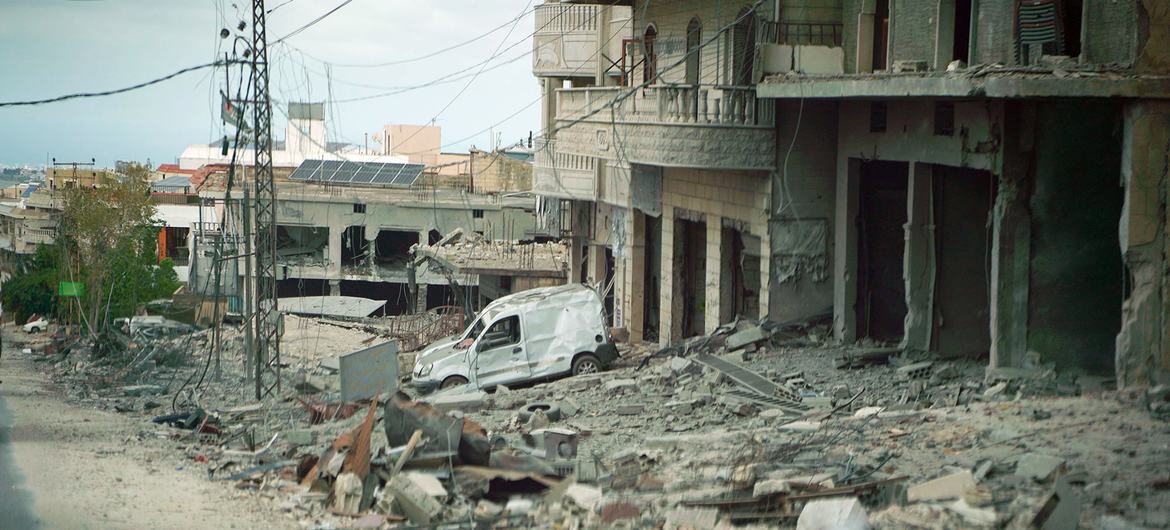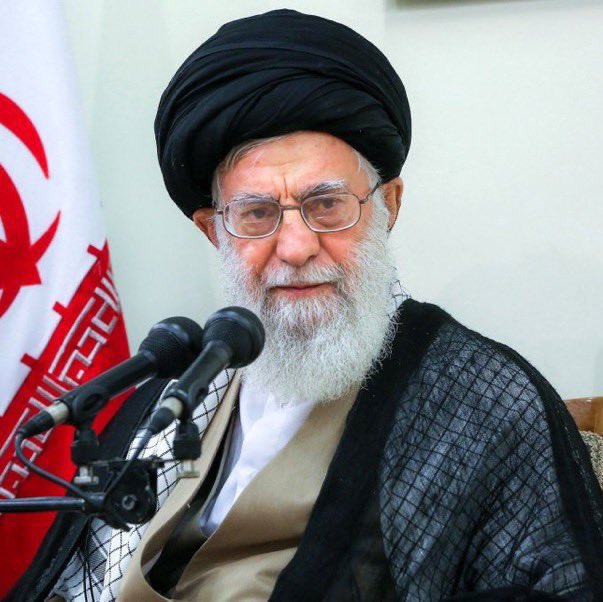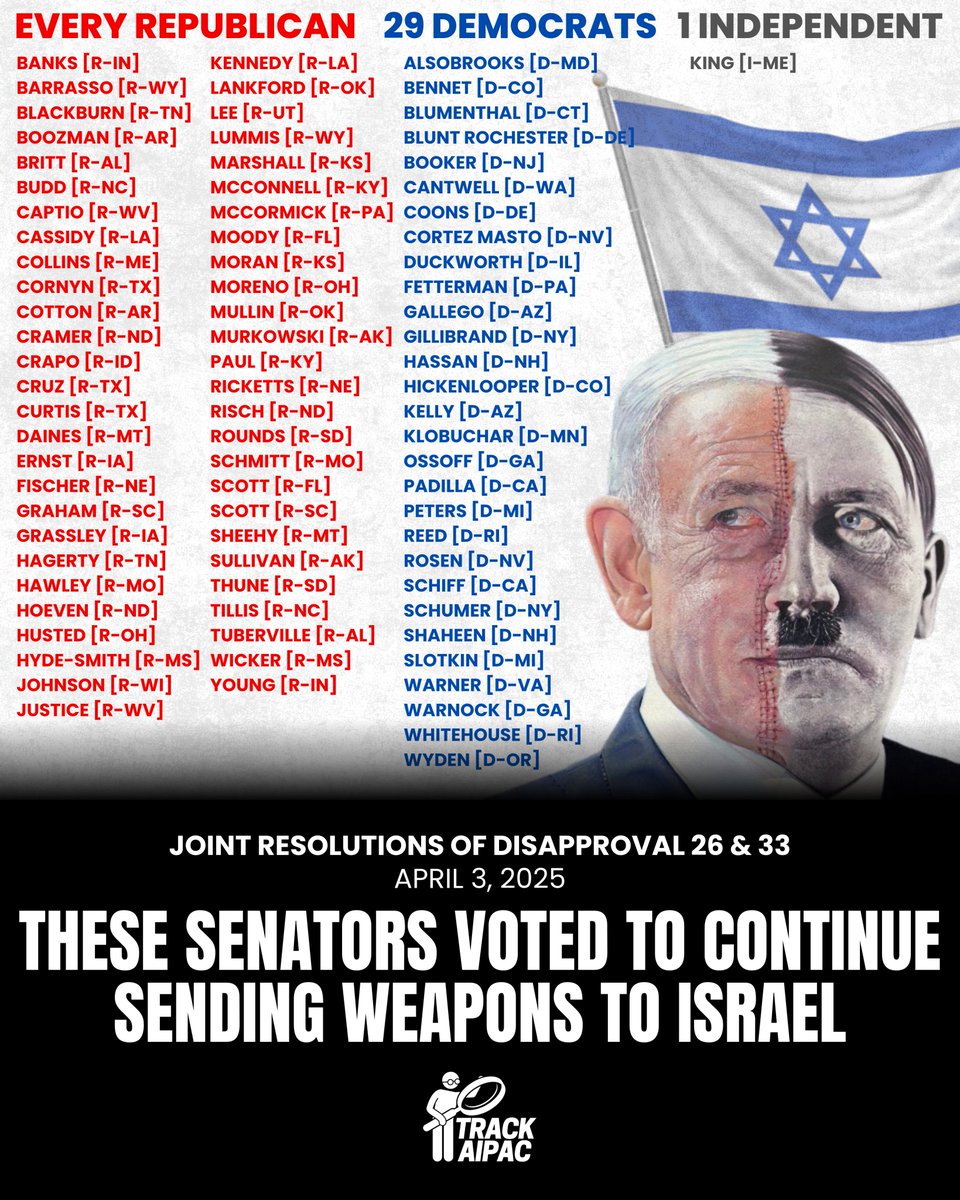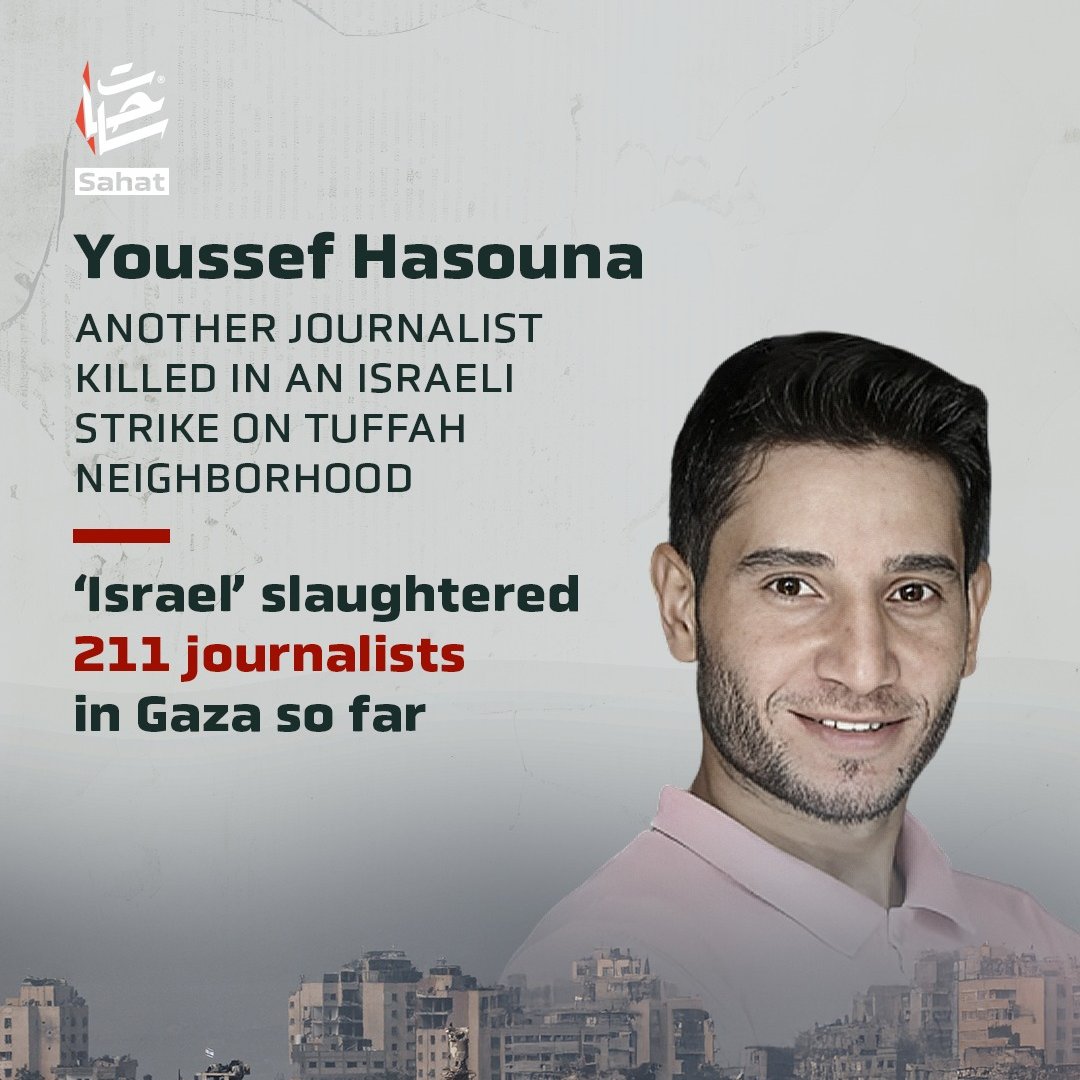
By Dr Khairi Janbek
It is really pointless to keep thinking in terms of the endless circle of whether this ceasefire is a Pyrrhic victory for Israel or for Hezbullah, because the real winners are all those people who can go back to their homes hopefully very soon. In fact the whole issue is not about victory, but about the losing side, and in actual fact it is the state of Lebanon and the Lebanese people.
One the one hand, with this ceasefire agreement, Lebanon has fallen under the mandate of the US, France and Britain on the one hand, as guarantors of it, and on the other, under the mandate of Iran as the other guarantor of the accord. So where is the Lebanese sovereignty under the circumstances?
Indeed, Israel treats the Lebanese state sovereignty in terms similar to how apartheid South Africa used to treat its Bantustans, giving itself the right to intervene in Lebanon whenever it sees fit.
Moreover, what is it exactly the western overseers of this ceasefire are guaranteeing to Israel, and what is it exactly Iran has agreed to as the other overseer? One is not raising doubts here, rather wondering how this ceasefire can be implemented. For all intents and purposes, a country, unfortunately with dubious sovereignty, is supposed to secure the areas from which Hezbullah has withdrawn; from the Litani River southward, and which the Israelis will withdraw from, with the UNIFL as the other go-between.
Now, it is legitimate to ask if the Lebanese army has armaments sufficient to carry out the job and is it logistically prepared for such tasks, because we haven’t heard anything of whether there will a massive rearmament programme to support the Lebanese, especially since they don’t intend, as it seems, to deploy their forces in the area.
On the other hand, what will the other mandate power, Iran, like to do? Evidently the talk of Hezbullah surrendering its weapons might drag on, dependent on the “chicken game” the mullahs in Tehran will play with coming US president Donald Trump. In a sense, who will blink first. How will president Trump deal with Iran ? Will he see Tehran as the arch enemy, or will he take conciliatory steps towards it.
If Tehran is pushed in a corner, it might not relinquish all of its gains in Syria, Iraq, Yemen, not to mention Lebanon, without a fight. Consequently, and depending on how the next Washington administration handles the situation, will determine whether the ceasefire holds or not. This will be the least of the region’s worries actually especially since Mr Trump is partial to proxy wars.
Dr Khairi Janbek is a Jordanian historian based in Paris and the above opinion is written exclusively for crossfirearabia.com.







